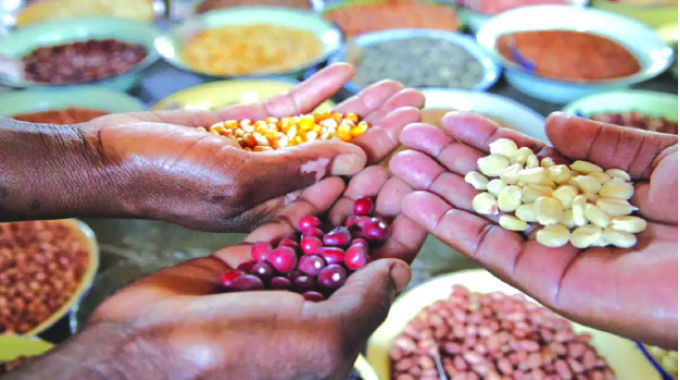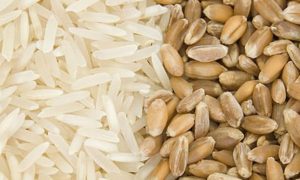Import levy could raise cost of food

A new 2% import levy on food crops in Kenya, effective from July 1, threatens to worsen food shortages and inflation. The levy increases import costs for cereals like rice, wheat, maize, and legumes, leading to reduced import volumes. Traders warn this will drive up prices and strain consumers. The government is urged to reconsider the levy to avoid further food supply disruptions.
A two per cent import levy recently imposed on food crops is poised to cause shortages and increase the cost of living. The levy, which took effect on July 1, affects a wide range of cereals including rice, wheat, maize and legumes like beans and lentils.
These changes have seen traders report a significant decline in import volumes due to the higher cost of doing business, which could further exacerbate food shortages and inflation.
Traders importing goods worth Sh40 million are expected to cough up an additional Sh800,000 in levies, a burden that will likely be passed on to consumers. The added cost could strain the budgets of ordinary Kenyans and contribute to rising living expenses that the government is trying to avoid.
Industry players like the Kenya International Freight and Warehousing Association (KIFWA) have warned of a sharp decline in rice imports, as essential food crops also encounter reduced volumes.
The impact of these levies extends to roots and tubers such as potatoes and cassava, affecting both regional and overseas imports. KIFWA has criticised the levies as counterproductive, urging the government to suspend them to prevent further disruption to food supplies.
The combination of high taxes and other government levies is not only reducing imports but also risks causing shortages and driving up prices. Given that Kenya is a net importer of foodstuffs, the urgency to meet local demand for cereals, particularly rice and maize, is increasing. With domestic production falling short of national demand, the import levies threaten to worsen an already fragile situation.
Kenya produces an average of 100,000 to 130,000 tonnes of milled rice annually, while national demand is around one million. This significant gap between production and demand forces the country to rely heavily on rice imports to meet the needs of its population.
Kenya’s maize production falls short of the national demand. The country produces about 35 million bags annually, but demand is projected to reach 60 million bags by 2025.
This shortfall means that substantial maize imports will be needed to ensure sufficient supply and prevent shortages in the future.
Recent floods also disrupted agricultural activities and output is expected to further diminish, leading to even higher food prices in the coming months.
To avoid shortages and higher food prices in the short term, the government should heed the calls of traders and stakeholders to suspend import levies to allow for broader consultation to avert a potential food crisis.
To read more about the news about the Maize News continue reading Agriinsite.com
Source Link : https://peopledaily.digital/import-levy-could-raise-cost-of-food/















